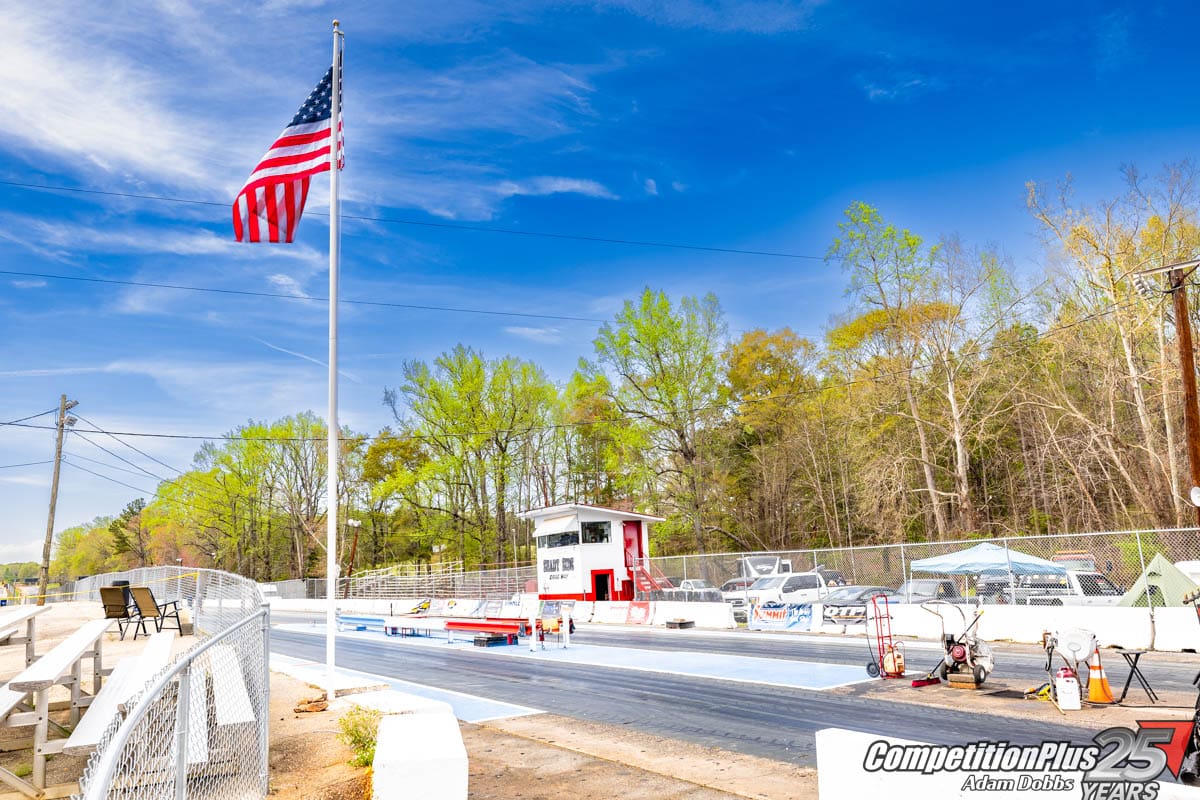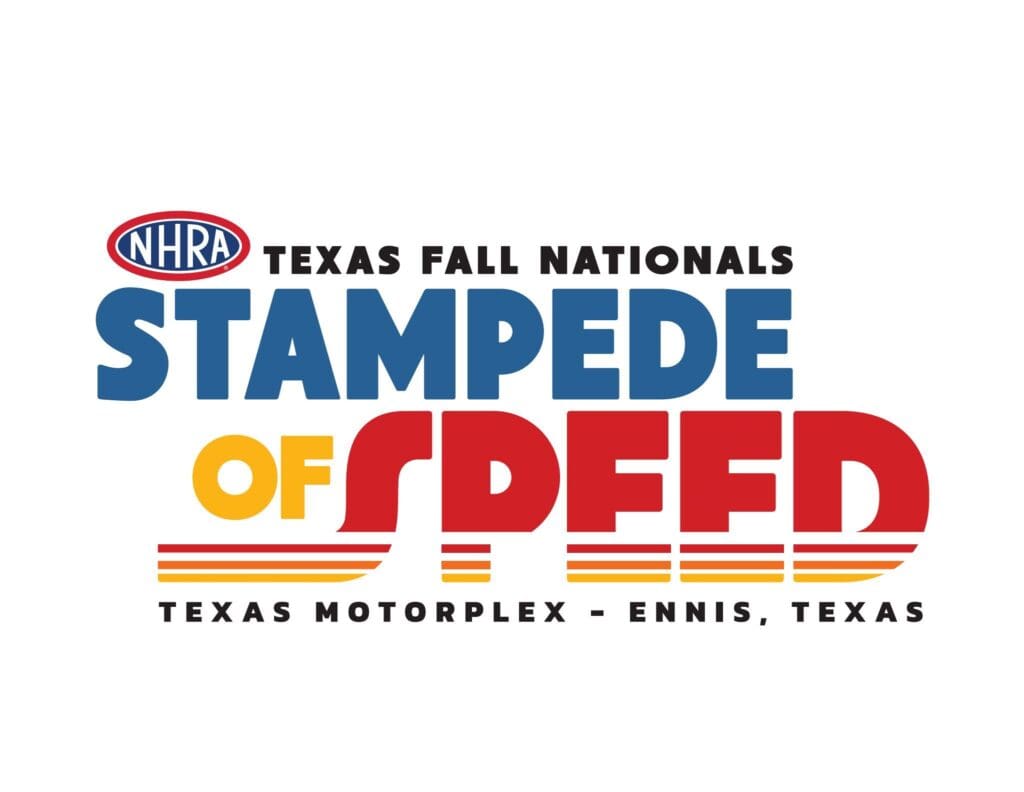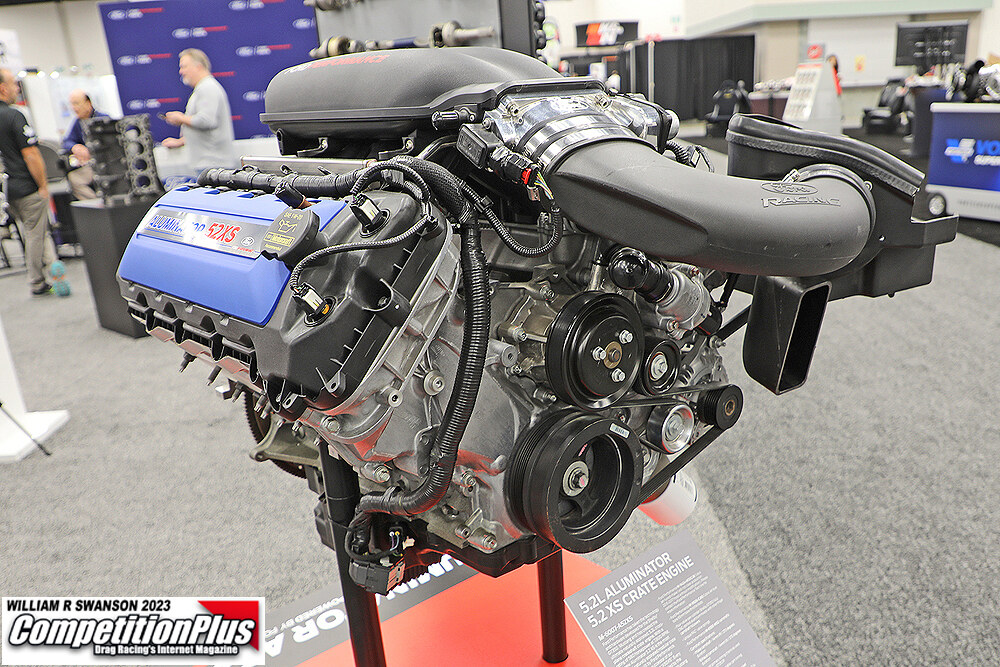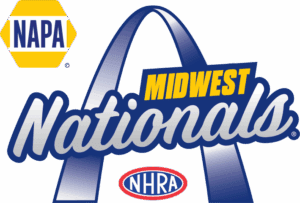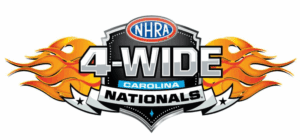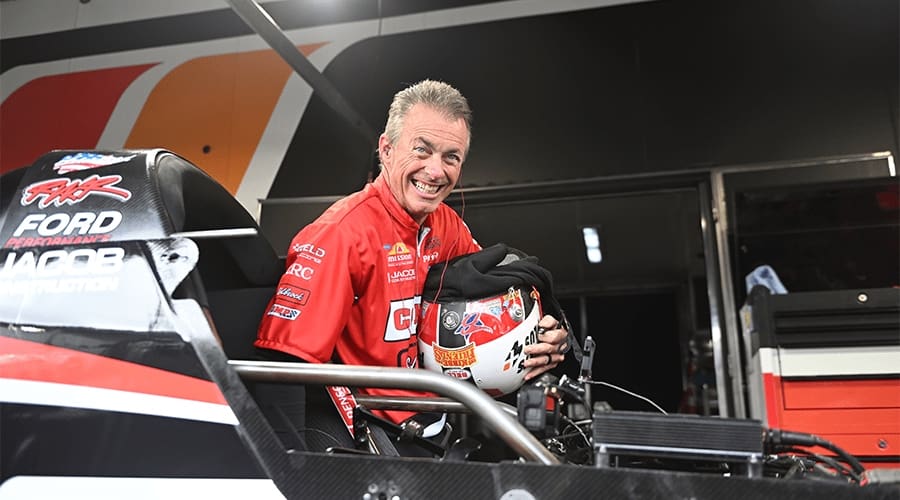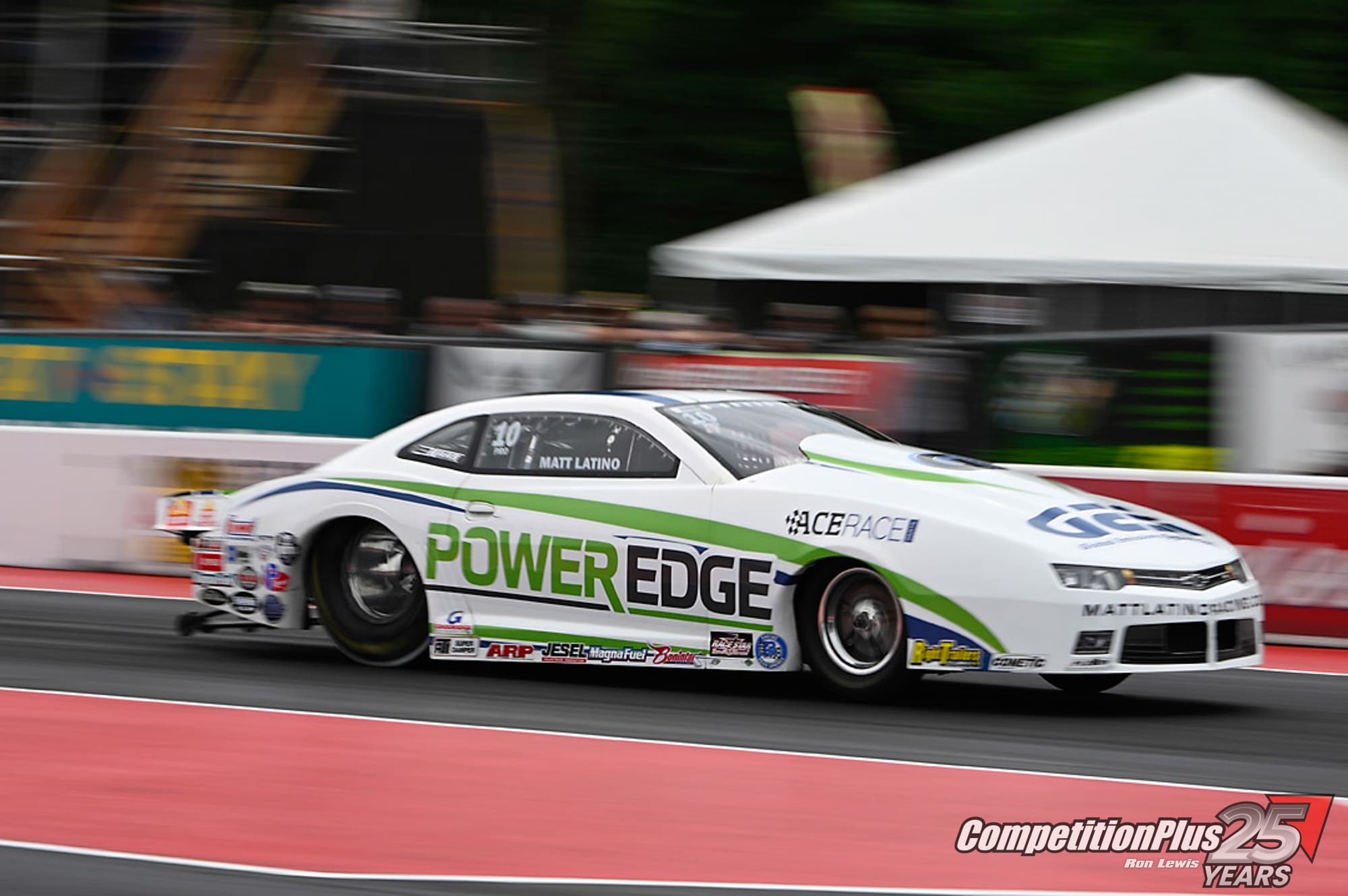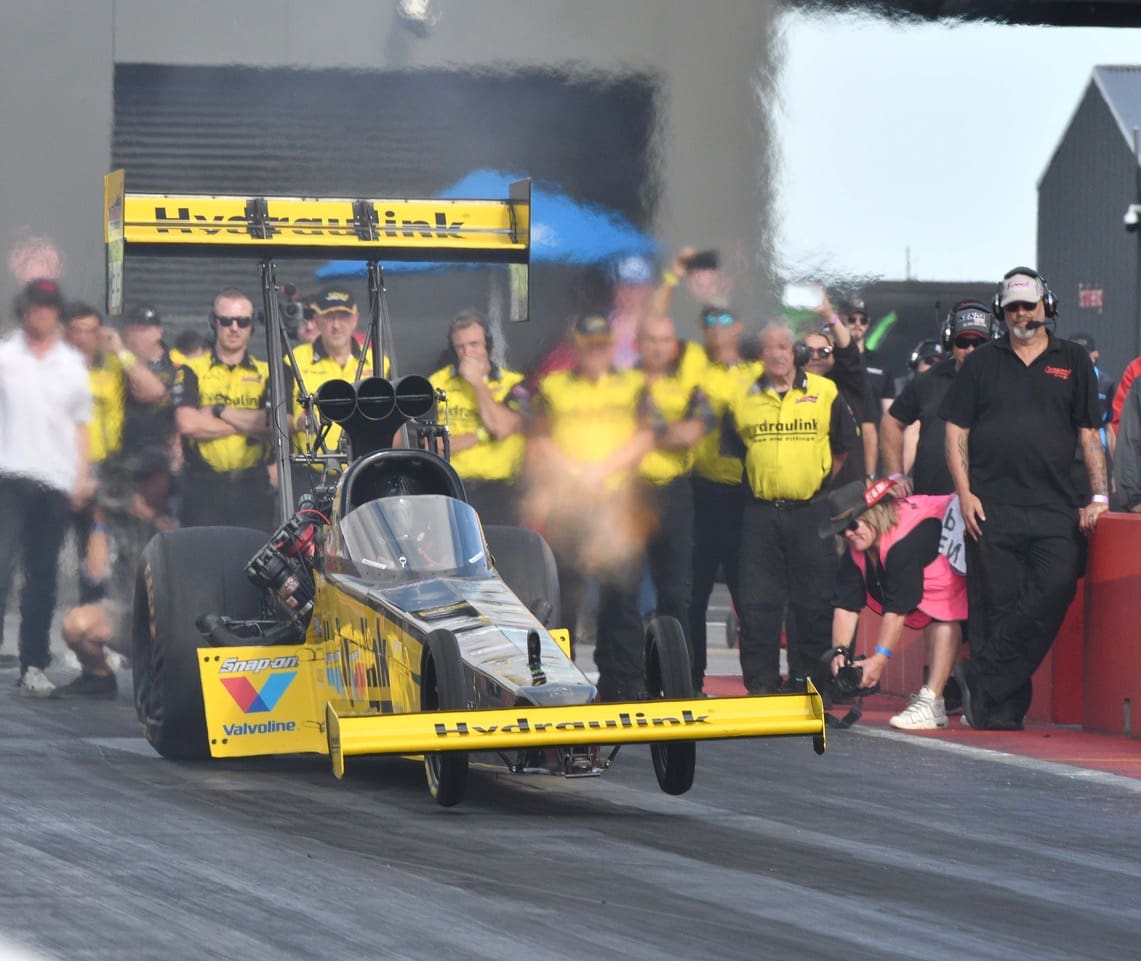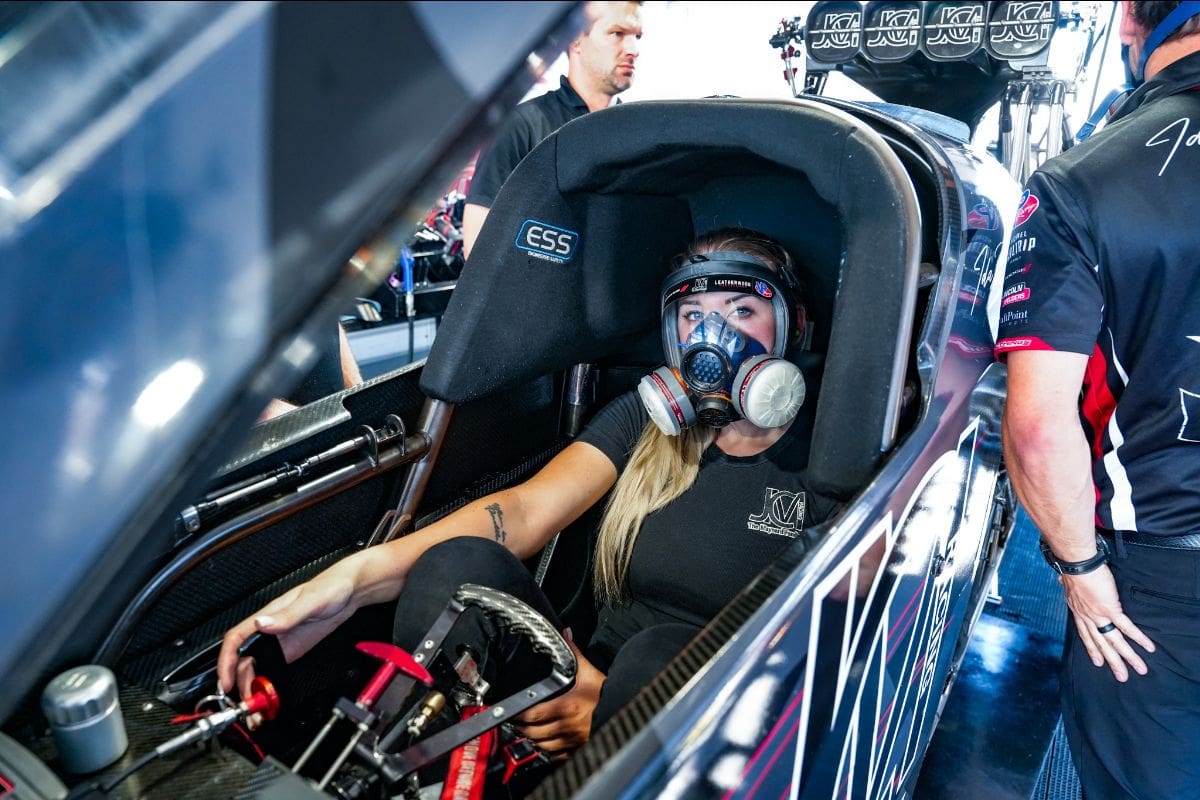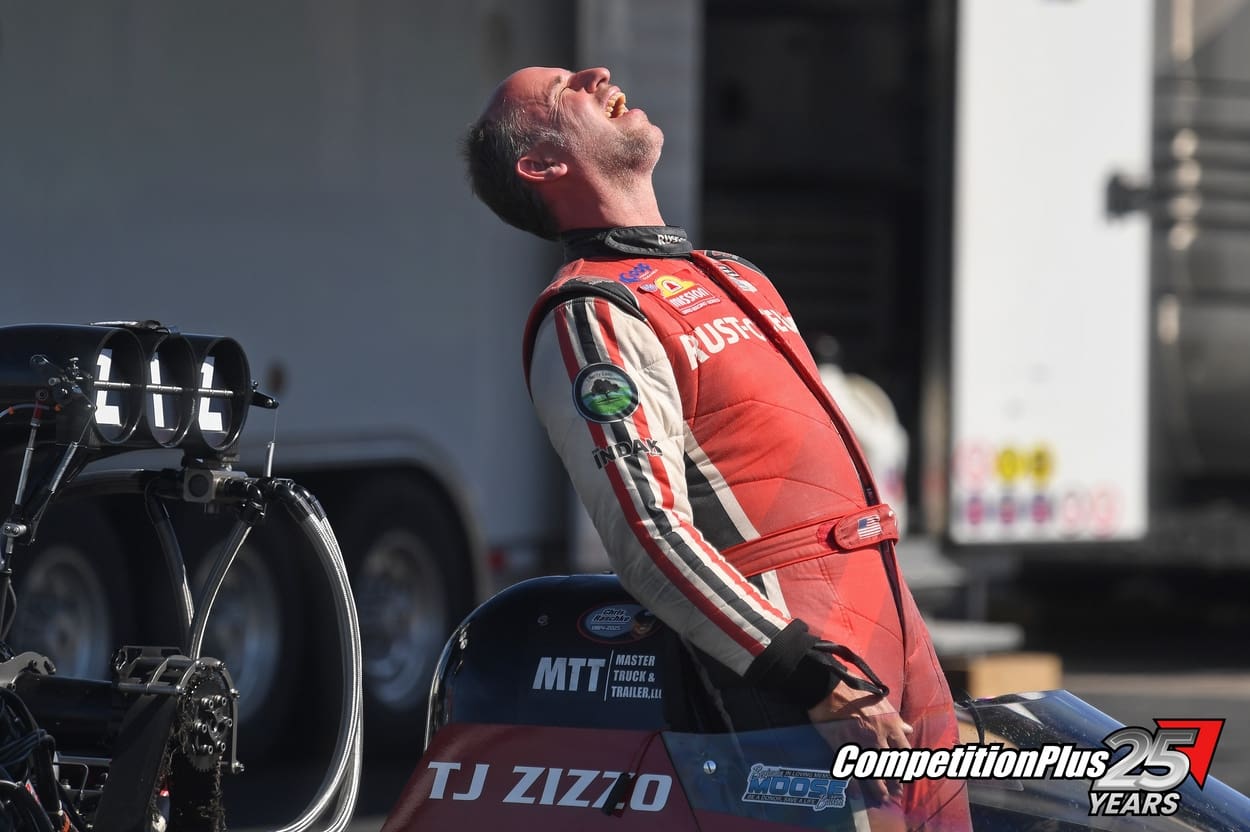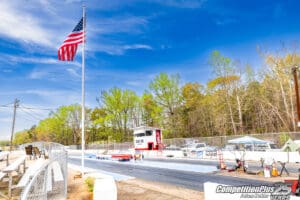North Carolina Gov. Josh Stein will allow House Bill 926 to become law, shielding racetracks across the state from nuisance lawsuits often filed by new residents who move near long-standing motorsports facilities. The legislation carries the “Protect the Right to Race” provision, a measure that motorsports advocates say is crucial to preserving the state’s $3.82 billion racing industry.
The bill was introduced by Rep. Allen Chesser and insulates racetracks from legal claims by property owners who purchased land near facilities that already had secured development rights and proper permits. The law is designed to prevent residents or developers from targeting tracks with noise or nuisance suits after the tracks were already established.
This legislation takes aim at so-called NIMBYs, short for “Not In My Backyard,” a term used to describe individuals who oppose facilities or projects near their homes even when those operations existed before their arrival. For decades, racetracks across the country have faced challenges from neighbors demanding closures, noise limits or restrictions that threaten the viability of grassroots motorsports.
“Few places in the U.S. capture the spirit of motorsports like North Carolina, and Gov. Josh Stein has cemented his legacy as a champion of racing by allowing HB 926 to become law,” said Michael Good, president of Performance Racing Industry. “Too often our vibrant motorsports community finds itself playing defense against opportunistic residents and developers who see racetracks as ripe for exploitation, rather than appreciating and respecting the positive benefits such facilities offer to the surrounding community.”
Good credited Chesser for recognizing the cultural and economic role racetracks play in the state. “SEMA and PRI thank Rep. Allen Chesser, who affirmed his race fan bonafides by standing up for local tracks and the enthusiasts who enjoy them and helping push these protections into the final stretch,” Good said.
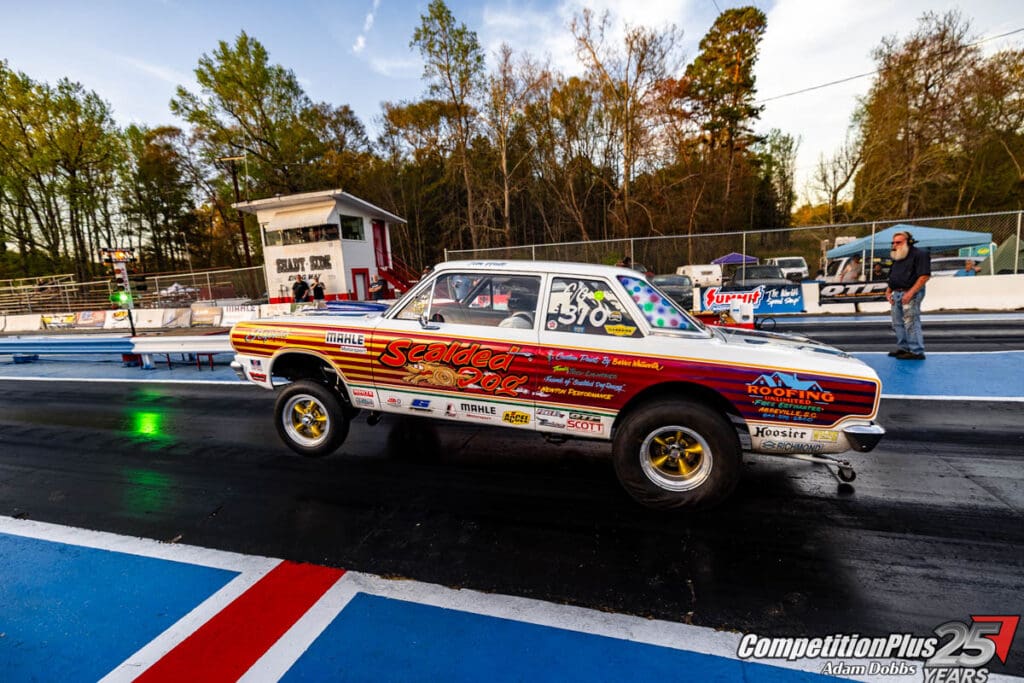
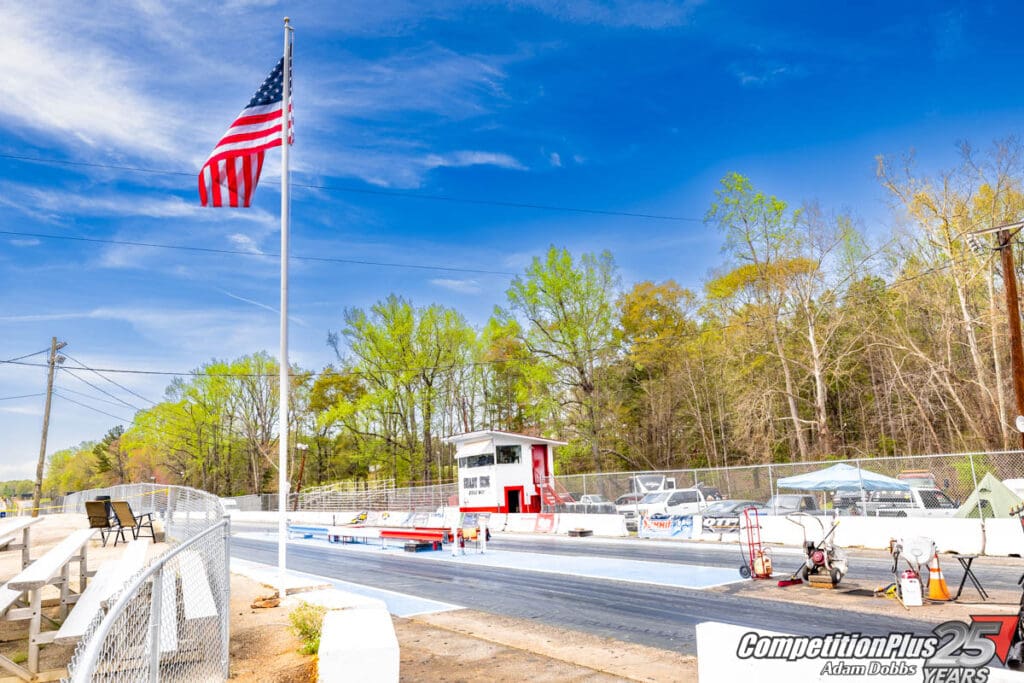
Motorsports remains one of the largest contributors to North Carolina’s economy, with an annual output of $3.82 billion. The industry supports nearly 20,000 jobs, pays more than $1.35 billion in wages, and contributes $477 million in taxes.
Across the United States, motorsports contributes a $69 billion annual economic impact. Local racetracks, many of which are family-owned, are viewed as essential for sustaining that economic activity while also providing affordable entertainment and opportunities for driver development.
These facilities often serve as starting points for the next generation of racers. They also act as incubators for engineering innovation and help power the country’s automotive aftermarket industry.
In addition to their economic impact, racetracks play a cultural role in rural and suburban communities. Tracks often provide family-oriented, low-cost entertainment while maintaining a tradition of grassroots racing that connects directly with fans.
Without legal protections, many small tracks face overwhelming pressure from nuisance lawsuits that can lead to costly litigation or outright closure. Supporters of HB 926 say the measure provides necessary certainty for operators who continue to invest in their facilities.
By targeting frivolous suits brought by NIMBY-style opposition, lawmakers believe the law will keep more tracks in operation for decades to come. For motorsports businesses and fans, the “Protect the Right to Race” provision is seen as a safeguard for both tradition and economic growth.





